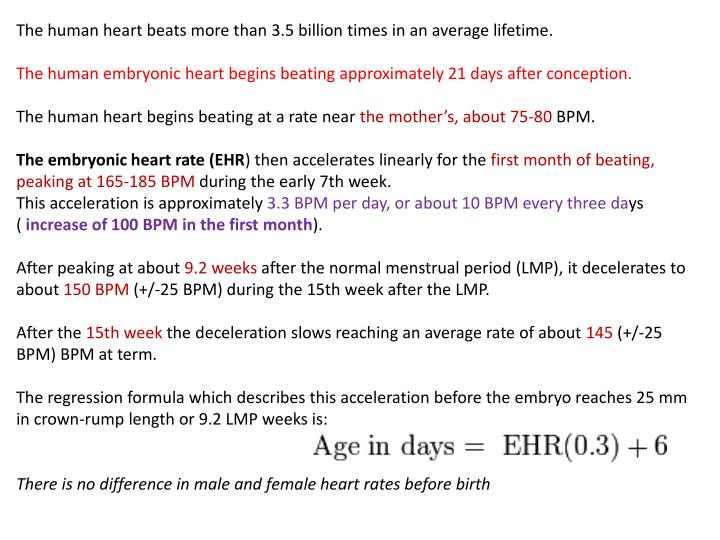The human heart beats more than three billion times in an average lifespan

The Human Heart: A Marvel of Endurance

The human heart is a remarkable organ that serves as the life-giving powerhouse of our bodies. It tirelessly pumps blood throughout our circulatory system, supplying oxygen and nutrients to every cell, tissue, and organ. It’s fascinating to think that this essential organ beats more than three billion times over the span of an average lifespan.
Our heart’s astonishing endurance is thanks to its unique structure and remarkable ability to adapt to the ever-changing demands of our body. Made up of specialized cardiac muscle cells called cardiomyocytes, the heart contracts and relaxes rhythmically, enabling it to pump blood effectively.

At the core of its function is the heart’s electrical conduction system, which coordinates the rhythmic beating. This intricate system ensures that the atria contract first, pushing blood into the ventricles. Then, the ventricles contract, pumping the oxygen-rich blood to our lungs and the rest of the body.
As the heart beats, it maintains a consistent rate to ensure adequate blood flow. However, this rate can vary depending on our activities, emotions, and overall health. Factors like exercise, stress, and illness can influence heart rate, causing it to increase or decrease accordingly. These fluctuations are part of the dynamic nature of our cardiovascular system.
Over the course of an average lifespan, the heart beats approximately 72 times per minute, resulting in over 100,000 beats per day. When we calculate this over the span of an entire lifetime, its endurance truly astonishes us: over three billion beats.
To put this incredible feat into perspective, consider the following: if we assume an average lifespan of 80 years, the heart would beat about 2.5 billion times during waking hours alone. Even during sleep, when our body is at rest, the heart continues to pump blood diligently, ensuring our organs receive the vital oxygen and nutrients they need.
The heart’s longevity can largely be attributed to its exceptional design and its ability to adapt to the body’s changing needs. However, maintaining a healthy heart requires us to lead a heart-conscious lifestyle too. Regular exercise, a balanced diet, limited stress, and avoiding tobacco use are all crucial factors in preserving heart health and ensuring its optimal function as the years pass by.
In conclusion, the human heart’s ability to beat over three billion times in an average lifespan is truly awe-inspiring. Its endurance and tireless efforts to keep us alive deserve our utmost appreciation. Let us prioritize our heart’s wellbeing and cherish this incredible organ that truly defines the essence of life.
Source:
Share
Related Posts
Quick Links
Legal Stuff

